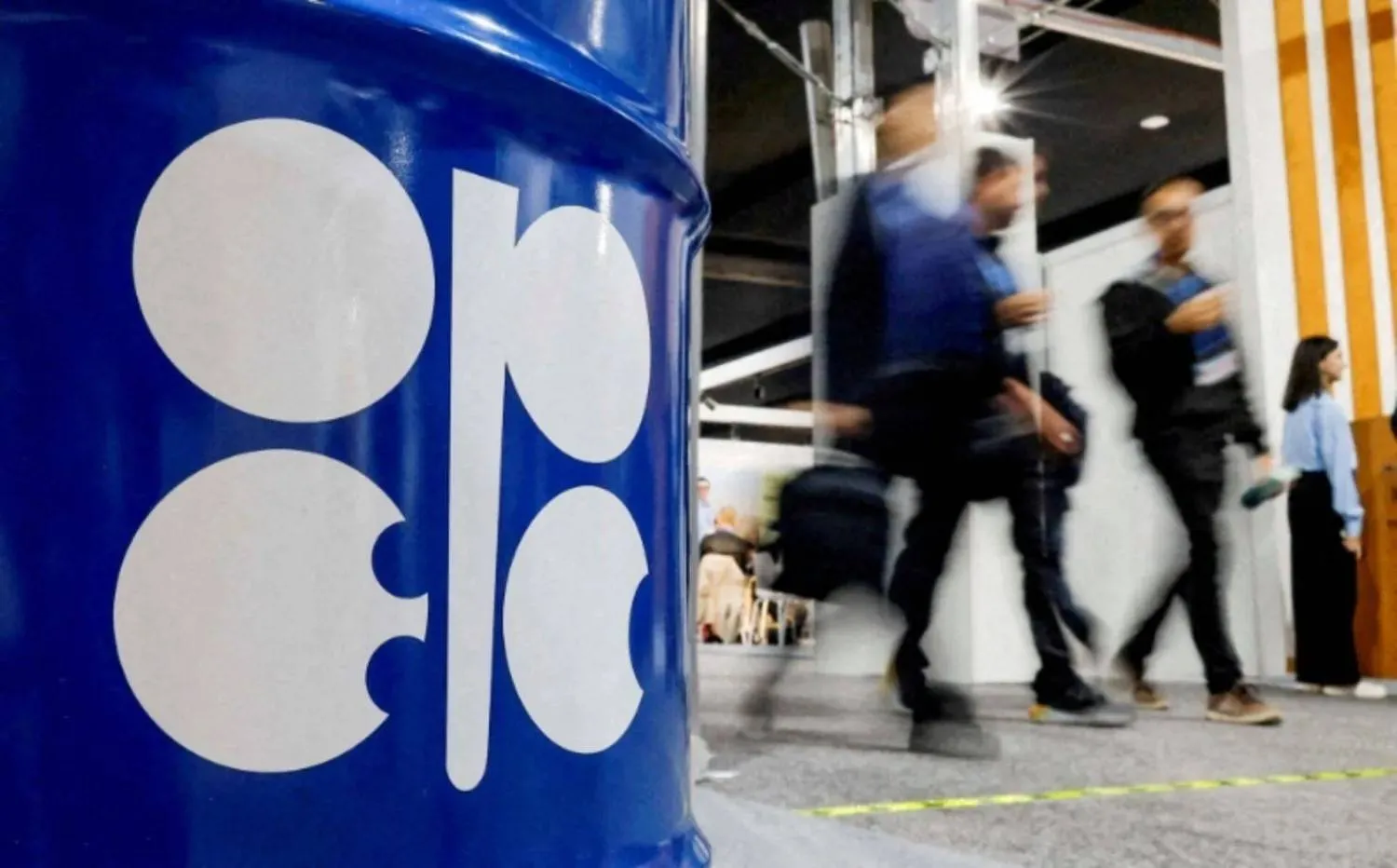US President-elect Donald Trump vowed on Monday to impose sweeping new tariffs on Mexico, Canada and China as soon as he takes office as part of his effort to crack down on illegal immigration and drugs.
He said he would impose a 25% tax on all products entering the country from Canada and Mexico, and an additional 10% tariff on goods from China, as one of his first executive orders.
In a series of posts to his Truth Social account, Trump vowed to hit some of the United States' largest trading partners with duties on all goods entering the country.
“On January 20th, as one of my many first Executive Orders, I will sign all necessary documents to charge Mexico and Canada a 25% tariff on ALL products coming into the United States,” he wrote, according to AFP.
He said the new tariffs would remain in place “until such time as Drugs, in particular Fentanyl, and all Illegal Aliens stop this Invasion of our Country!”
The President ignored the US, Mexico and Canada three-decade-old free trade agreement, now called the USMCA.
In another post, Trump said he would also be slapping China with a 10% tariff, “above any additional Tariffs,” in response to what he said was its failure to tackle fentanyl smuggling.
“No one will win a trade war,” Liu Pengyu, a spokesman for China's embassy in the United States, told AFP by email, defending Beijing's efforts to curb fentanyl smuggling.
“China believes that China-US economic and trade cooperation is mutually beneficial in nature,” Liu added.
Canada said it was “essential” to US energy supplies, and insisted the relationship benefits American workers.
“We will of course continue to discuss these issues with the incoming administration,” said the statement from Deputy Prime Minister Chrystia Freeland.
Tariffs are a key part of Trump's economic agenda, with the Republican vowing wide-ranging duties on allies and adversaries alike while he was on the campaign trail.
Many economists have warned that tariffs would hurt growth and push up inflation, since they are primarily paid by importers bringing the goods into the US, who often pass those costs on to consumers.
But those in Trump's inner circle have insisted that the tariffs are a useful bargaining chip for the US to push its trading partners to agree to more favorable terms, and to bring back manufacturing jobs from overseas.









